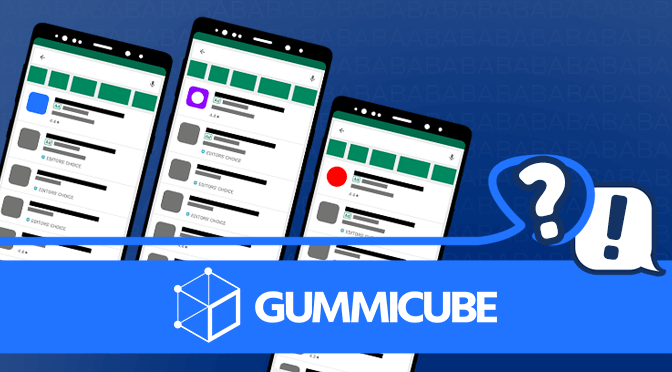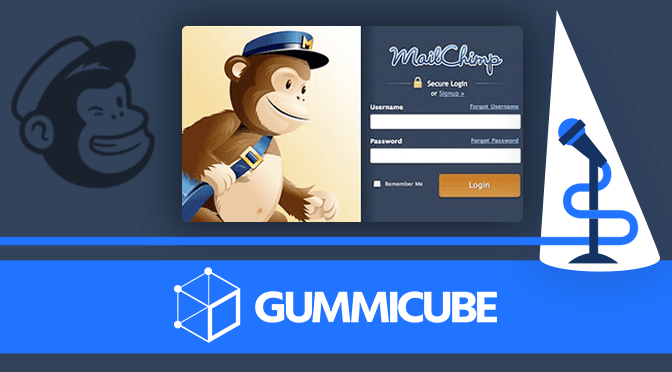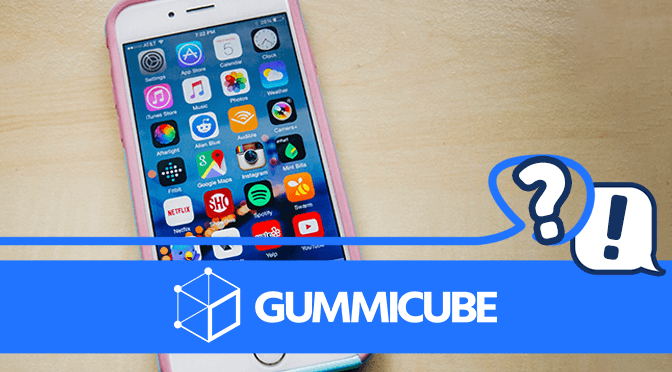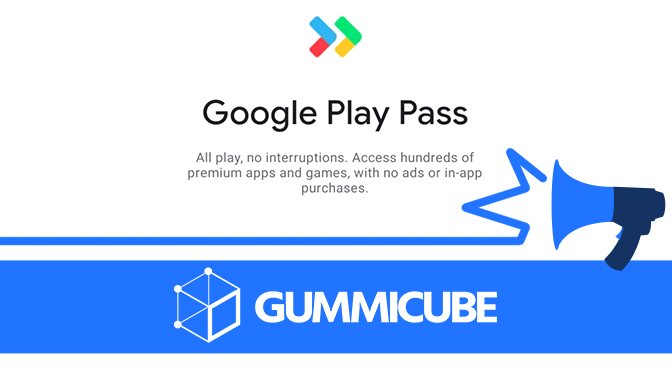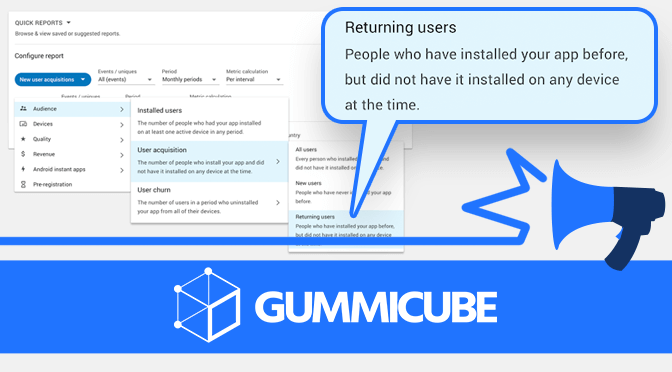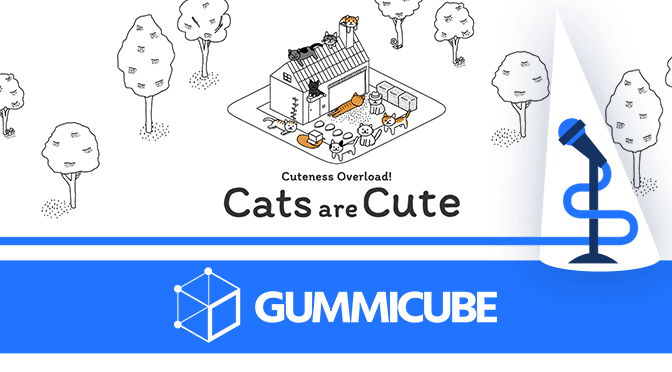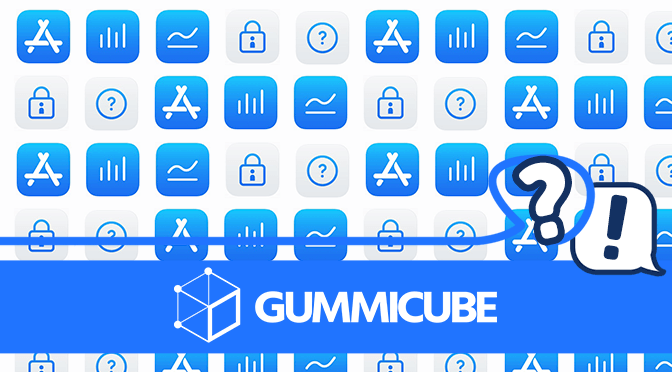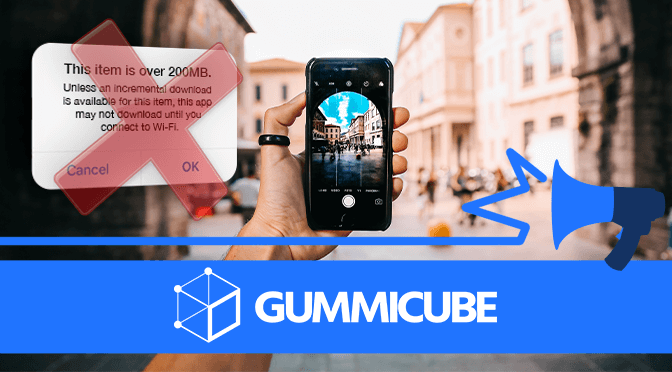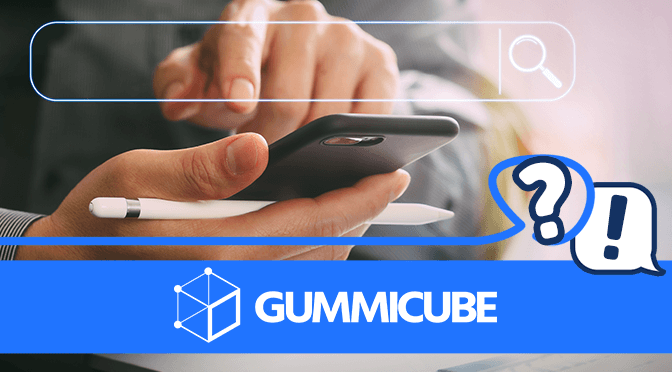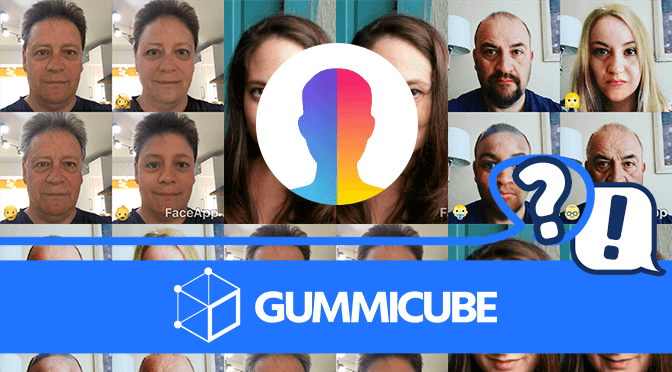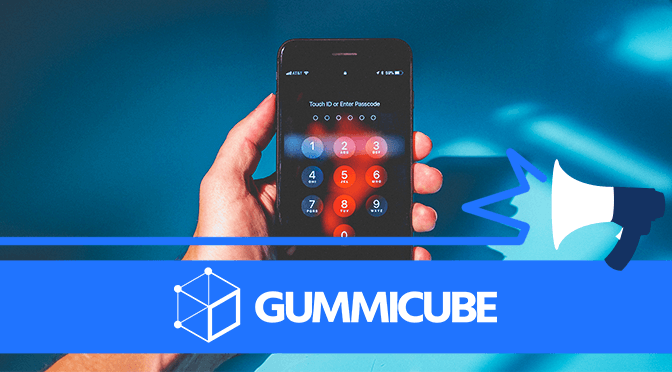
iOS App Privacy and VoIP Data Collection
Posted on August 9th, 2019
Apple is making a change to its operating system with the release of iOS 13, designed to improve user security. This change will impact several apps, particularly those with VoIP capabilities. Apps with those capabilities should prepare to update accordingly. Failure to do so can result in getting removed from the App Store, which can have long-lasting impacts on its App Store Optimization. At the same time, apps that do update can use this opportunity to stay ahead of the competition as competing apps are impacted by the change.


